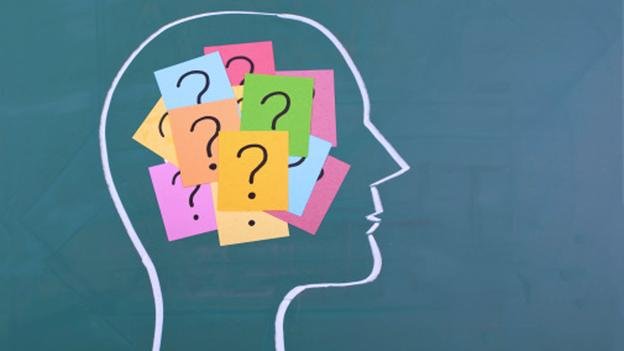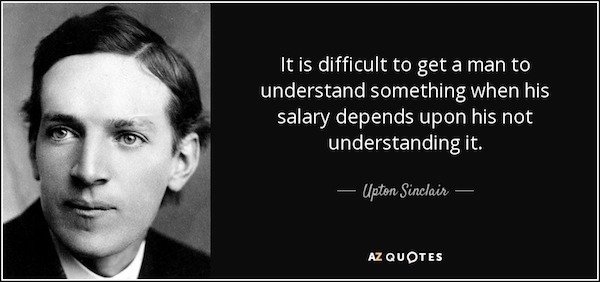What do I believe? What are my values? How often do we ask these questions about ourselves?


My experience as both a psychotherapist and behavioral coach tell me...not very often. I touched on this issue a little while back in a previous post about living based on momentum.
I wanted to touch upon it again because of similar discussions I've been having with both clients and friends.
Lately, I have met many people with very strong beliefs. People who espouse very specific values, often related to religion, politics and other topics you don't discuss on a first date. Yet, I have witnessed so many whose behavior conflicts with their espoused beliefs. In psychology, there is a name for this behavior-values conflict...cognitive dissonance.


Cognitive dissonance is one of the most studied phenomena in psychology research. It is at the heart of how people can function during the day that is in direct opposition to their strongly held values and beliefs. Most importantly, it requires that people not be involved in self-examination. Self-examination is anathema to cognitive dissonance. Self-examination forces people to step outside the bubble of their daily lives and re-evaluate themselves...their thoughts and behaviors.
This can be dangerous for some...especially if your work or social relationships are in direct conflict with your deepest held values and beliefs. The great American muckraker Upton Sinclair said it best: It is difficult to get a man to understand something when his salary depends on his not understanding it.


However, daily self-examination of our lives is key to keeping cognitive dissonance at bay and living an authentic life. One of the best ways I have found to do this is creating a creed or at least a list of those values and beliefs you wish to live by. I highly encourage you to do this and every day read your list or the credo you have recorded.
I find it best to look at mine when I journal at night; before I go to bed. This way, my daily self-examination process becomes almost automatic, it's built into my schedule. Following our deeply held beliefs and values is so important in building our resilience.


Have you ever experienced cognitive dissonance? Do you know what your values and beliefs are? Think about them...then write them down.


This really gets you thinking - I've been encountering cognitive dissonance more and more lately in everyday life, especially when interacting with others.
It's interesting to see how many people truly believe something yet contradict it with their actions directly.
Downvoting a post can decrease pending rewards and make it less visible. Common reasons:
Submit
This gem of a post was discovered by the OCD Team!
Reply to this comment if you accept, and are willing to let us share your gem of a post! By accepting this, you have a chance to receive extra rewards and one of your photos in this article may be used in our compilation post!
You can follow @ocd – learn more about the project and see other Gems! We strive for transparency.
Let me know if you have any questions regarding the project or nomination. Hope to hear from you soon!
Downvoting a post can decrease pending rewards and make it less visible. Common reasons:
Submit
Awesome, thank you!
Downvoting a post can decrease pending rewards and make it less visible. Common reasons:
Submit
You've received an upvote from #TheUnmentionables - a SteemIt community full of members who like to kick ass, take names, and occasionally do it wearing (or forgetting to wear) our unmentionables...
Please upvote this comment so we can help our members grow faster!
Downvoting a post can decrease pending rewards and make it less visible. Common reasons:
Submit
awsome
Downvoting a post can decrease pending rewards and make it less visible. Common reasons:
Submit